Course Includes:
- Mode: Offline\Online
- Language: English\Hindi
- Certificate: Yes
- Project Certificate: Yes
A data structure is a way of organizing and storing data in a computer so that it can be accessed and modified efficiently. Data structures provide a means to manage and manipulate data in a structured and logical manner. They define the relationship between the data, operations that can be performed on the data, and the rules for data access and storage.
Think of data structures as the architecture of your data, just as a building's architecture determines how the building stands, how people move inside it, and how it interacts with the environment.Data structures are a fundamental concept in computer science and programming. They are the building blocks that enable the efficient organization and manipulation of data, essential for the design and implementation of algorithms. In this comprehensive introduction, we will explore what data structures are, why they are important, and the most common types used in the world of software development.
A data structures course provides students with a strong foundation in understanding how data can be organized and manipulated efficiently, which is crucial for software development and algorithm design. The course content can vary depending on the institution and the level of the course (introductory or advanced).Data structures are the foundation of efficient and organized data management in computer science and programming. Whether you're working on a simple script or building a complex software application, a good understanding of data structures is essential to write efficient, maintainable, and scalable code.
This introduction provides a glimpse into the world of data structures. In the subsequent sections, we will delve deeper into each data structure, exploring their properties, use cases, and implementation details. Understanding and mastering these data structures is a key step toward becoming a proficient programmer and problem solver.
To begin your journey into the world of data structures and algorithms, click the "Start Course" button. If you have any questions or encounter difficulties, don't hesitate to reach out to our support team for assistance.
We hope you find this course both informative and engaging. Happy learning!
Week 1: Introduction to Data Structures and Algorithms
Arrays and Linked Lists
Week 2: Stacks and Queues
Trees and Binary Trees
Week 3: Heaps and Priority Queues
Week 4: Hashing and Hash Tables
4 Week Course Content
+
Week 5: Graphs and Graph Algorithms
Week 6: Review and Advanced Topics
Data structures are ways of organizing and storing data efficiently. They are vital in programming for efficient data manipulation.
Basic programming knowledge is recommended, but not mandatory.
Data structures are how data is organized, while algorithms are the steps to perform specific tasks with that data.
Well-designed data structures and efficient algorithms lead to faster and more memory-efficient programs.
Complexity analysis helps evaluate how an algorithm scales with input size and resource utilization.
Yes, but a basic understanding of programming concepts will be helpful.
Yes, practical exercises and projects are typically included to reinforce learning.
Review data structure and algorithm concepts, practice coding problems, and participate in coding challenges on platforms like LeetCode or HackerRank.
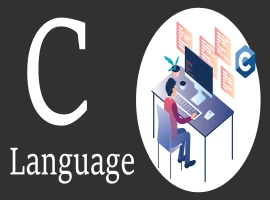
C is one of the most influential programming languages in the hist...
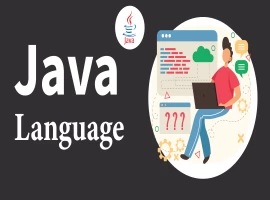
Java is one of the most popular programming languages in the world...

C++ is a powerful, versatile, and widely used programming language...

Cyber Security is the study of how th...
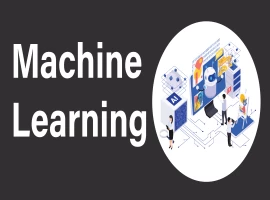
Machine learning is a subfield of artificial intelligence (AI) tha...

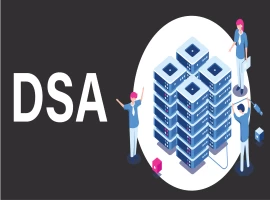
A data structure is a way of organizing and storing data in a computer so that it can be accessed and modified efficien...

Cisco Certified Network Professional (CCNP) is an intermediate level certifi...

Introduction to Cybersecurity: The course should provide a comprehensive...
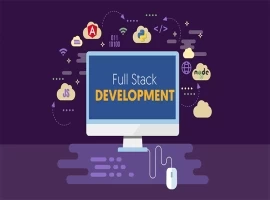
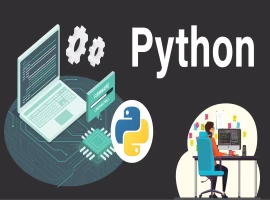
Python is a versatile and beginner-friendly programming language known for its simplicity and readability. In recent years, it has gained immense p...

This course provides a comprehensive introduction to cloud computing, exploring the key concepts, services, and architectures that define cloud env...

This course offers a foundational understanding of computer networking concepts, protocols, and technologies. It is designed for individuals who ar...

This course provides an in-depth introduction to Artificial Intelligence (AI), covering its core concepts, algorithms, and applications. It is desi...

This comprehensive CCNA course is designed to equip you with the foundational knowledge and practical skills required to install,...